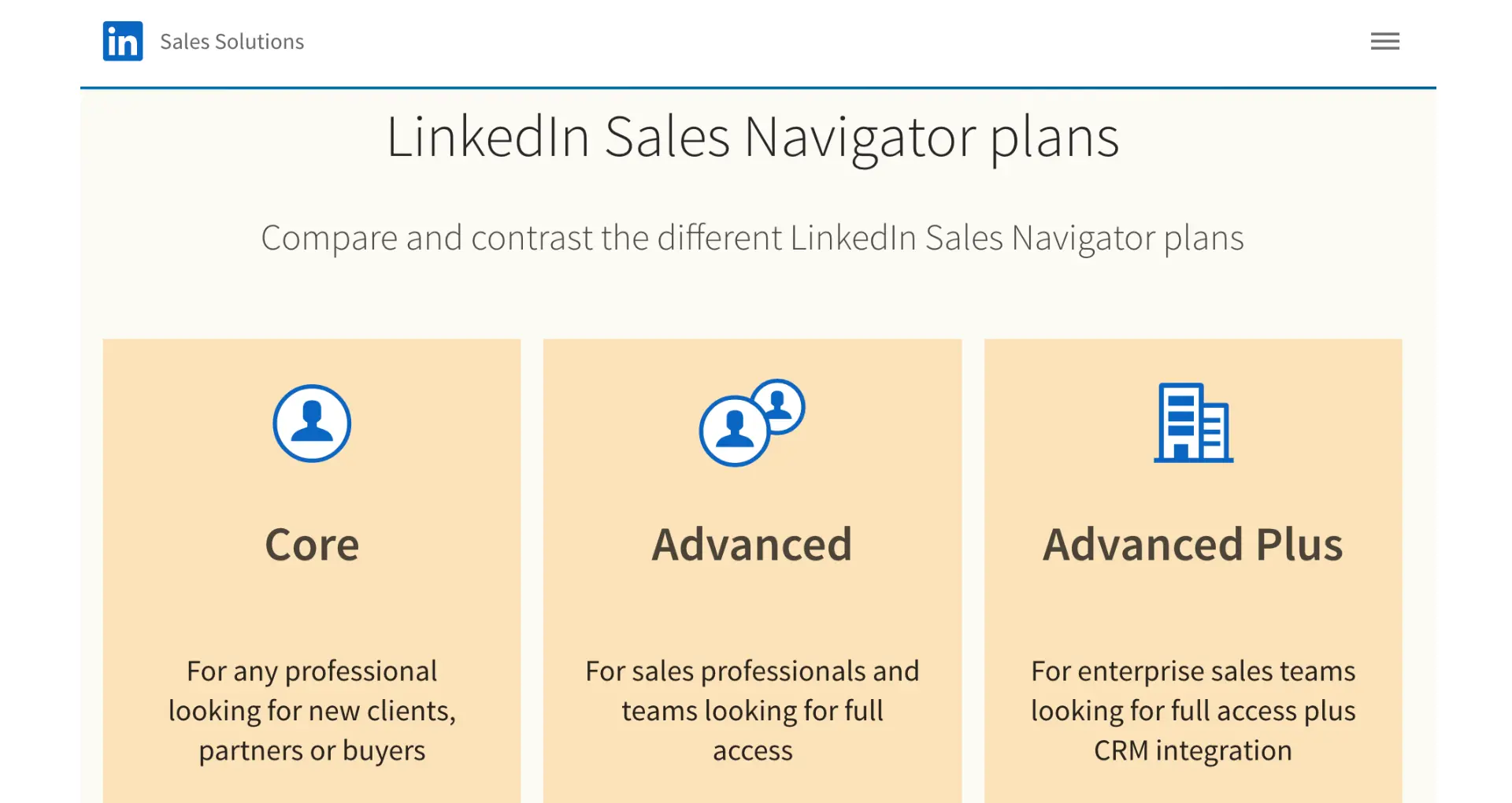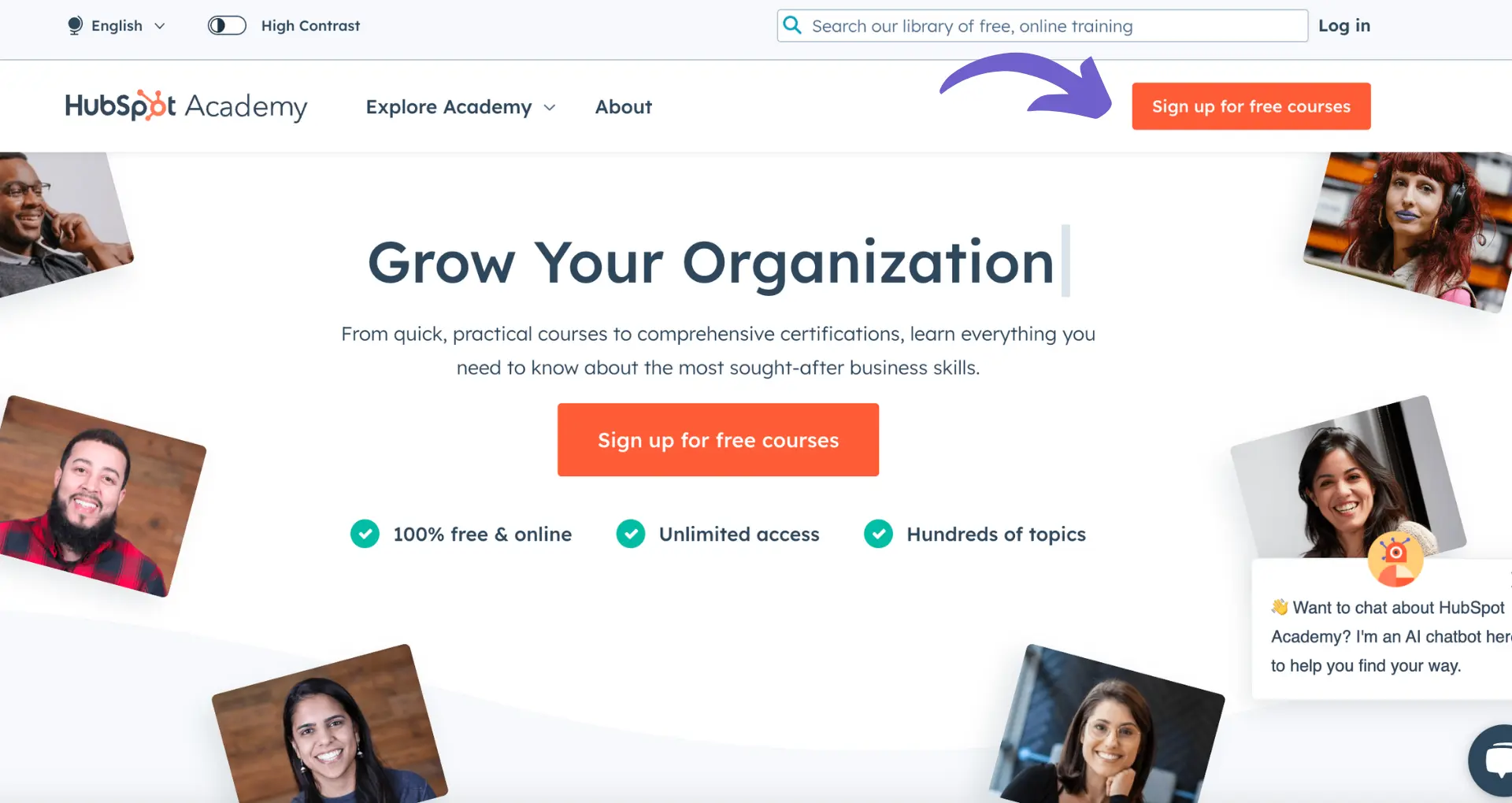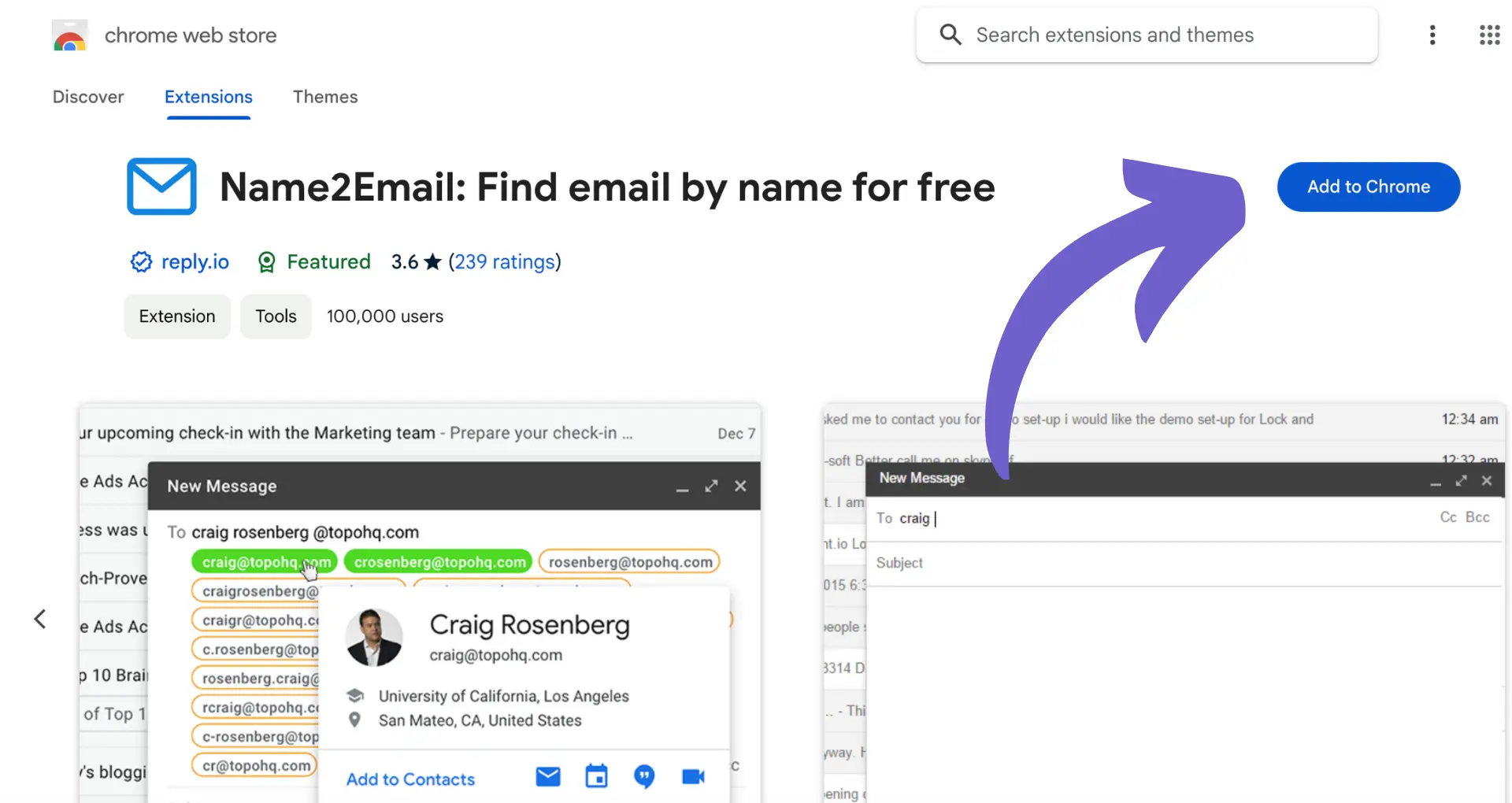





In today's digital age, your LinkedIn profile is your professional online identity. With over 900 million users, standing out can be a challenge. But what if you could tap into the power of LinkedIn analytics to take your profile to the next level?
By understanding who views your profile, what content resonates, and how you stack up against competitors, you can make data-driven decisions to optimize your presence. In fact, leveraging LinkedIn analytics can lead to a 5x increase in profile views and 3x more connection requests.
Ready to unlock the secrets of LinkedIn success? This ultimate guide will walk you through both manual and AI-powered methods to analyze and elevate your profile. Get ready to stand out, connect with your dream clients or employers, and fast-track your career growth. Let's dive in!
LinkedIn profile analytics provide valuable insights into who is viewing your profile, including their job titles, locations, and companies. By understanding your audience, you can optimize your profile to attract more of your target viewers.
Identifying trends in profile views over time can reveal what drives spikes in visibility. For example, if you notice a surge in views after sharing a particular post or article, you can create similar content to maintain that momentum.
Use the demographic data from your profile views to customize your profile content. Highlight your expertise and experience that aligns with the interests and needs of your most frequent viewers.
If many of your profile visitors hold executive positions, emphasize your leadership skills and strategic initiatives. For viewers from specific industries, showcase relevant projects or certifications.
When you spot a promising lead among your profile viewers, take action to build a connection. Send a personalized message to introduce yourself and express interest in their work.
Mention something specific from their profile to show you've done your research. Invite them to connect or offer to discuss potential collaborations or opportunities. You can also automate data extraction from LinkedIn profiles to streamline this process.
Pay attention to the content and topics that drive the most profile views. If a particular post led to a spike in views, consider creating a series of related posts to keep viewers coming back.
Use the insights from your profile views to inform your content strategy. Address the pain points and interests of your target audience to establish yourself as a valuable resource.
By regularly analyzing your LinkedIn profile views, you can continually refine your approach to attracting and engaging your ideal connections.
In the next section, we'll explore how to leverage search appearances to optimize your profile for maximum visibility in LinkedIn search results.
LinkedIn's search algorithm considers the keywords used in your profile to determine if you should appear in relevant search results. By strategically incorporating high-performing keywords throughout your profile, you can significantly improve your visibility to recruiters and potential connections.
Start by analyzing the keywords your profile currently ranks for in LinkedIn search results. Identify which ones are driving the most traffic and engagement. Then, look for opportunities to integrate those top-performing keywords in key areas of your profile such as your headline, summary, job titles, and descriptions.
LinkedIn's skills section provides a prime opportunity to showcase your most valuable keywords. Add skills that align with your target roles and industry, and aim to have a mix of both broad and niche keywords.
For example, a marketing professional might include broad skills like "digital marketing" and "content creation" alongside more specific ones like "SEO copywriting" and "social media analytics". Endorsements from your connections can further validate your expertise in these areas.
Your headline is one of the most prominent and keyword-rich elements of your LinkedIn profile. Use this valuable real estate to include your primary job title or area of expertise, incorporating a high-performing keyword if possible.
Similarly, weave relevant keywords throughout your profile summary in a natural, engaging way. Avoid keyword stuffing, but do aim to mention your core skills and experiences that align with your target roles.
As you describe your professional experience on LinkedIn, look for ways to organically integrate keywords. Use job titles that accurately reflect your roles and responsibilities, opting for industry-standard terminology when possible.
In your job descriptions, highlight accomplishments and projects that demonstrate your expertise in key skill areas. For instance, a sales professional might mention "exceeded quarterly revenue targets" or "expanded client base in the SaaS sector".
After optimizing your profile with targeted keywords, monitor your search appearances over time. Note any changes in the volume or quality of your appearances, and look for correlations with your keyword optimizations.
Regular tracking will help you identify which keywords are having the greatest impact.
Enrich your LinkedIn profile with the right keywords to further boost your visibility and save time.
By leveraging LinkedIn's search appearances data to inform a targeted keyword strategy, you can measurably increase your discoverability and attract more of the right people to your profile.
Up next, we'll explore how to track and analyze the performance of your LinkedIn articles to establish yourself as a thought leader in your industry.
LinkedIn article analytics provide valuable insights into how your thought leadership content resonates with your audience. By analyzing key metrics like views, likes, comments, and shares, you can identify top-performing topics and formats to guide your content strategy. Promoting high-performing articles to your network can further amplify your reach and establish your expertise.
Start by examining the total views your LinkedIn articles receive, which indicates the overall reach and visibility of your content. Pay attention to the number of likes each article garners, as this signals that readers found your insights valuable or relatable.
Comments provide an opportunity to engage in meaningful discussions and build relationships with your audience. Respond thoughtfully to comments to foster dialogue and demonstrate your expertise. Shares are another powerful metric, as they expand your article's reach to new networks.
Analyze which article topics generate the highest engagement in terms of views, likes, comments, and shares. This data can reveal the subjects that resonate most with your target audience, allowing you to double down on those themes in future content.
Similarly, examine the performance of different article formats, such as listicles, how-to guides, or opinion pieces. Understanding which structures your audience prefers can help you optimize your writing style and format for maximum impact.
Once you've identified your highest-performing articles, promote them strategically to your LinkedIn network. Share the article link with relevant groups or in comments on related posts to attract new readers.
Consider tagging colleagues or thought leaders mentioned in your article when sharing, as this can encourage them to engage with and share your content. You can also repurpose top-performing articles into other formats, such as slideshares or infographics, to share on your LinkedIn feed or in relevant groups.
When readers comment on your LinkedIn articles, seize the opportunity to engage in thoughtful discussion. Respond to questions, address counterpoints, and thank supporters to foster a sense of community and establish your credibility.
Pay attention to any influential individuals who engage with your articles, such as industry leaders or potential clients. Follow up with personalized connection requests or direct messages to continue building the relationship and explore opportunities for collaboration or business growth.
By leveraging LinkedIn article analytics to track engagement, identify top content, amplify your reach, and build authority, you can strategically grow your reputation as a thought leader and industry expert on the platform.
To continue optimizing your LinkedIn presence, our next section will dive into measuring and interpreting follower growth and engagement metrics.
LinkedIn follower analytics provide valuable insights into your brand's reach and audience engagement. By tracking follower growth over time, analyzing demographics, monitoring post interactions, and identifying top-performing content, you can refine your LinkedIn strategy to maximize impact.
Monitoring your LinkedIn follower count over time is a key indicator of your brand's growing reach and influence on the platform. Pay attention to spikes or plateaus in follower growth, as these can provide insights into the effectiveness of your content and engagement strategies.
For example, if you notice a significant increase in followers after sharing a particularly resonant piece of content or launching a targeted ad campaign, you can use that information to guide future efforts. Conversely, if follower growth stagnates, it may be time to reassess your approach and experiment with new tactics like building a prospect list to expand your reach.
LinkedIn follower analytics allow you to dive deep into the demographics of your audience, including job titles, industries, locations, and more. This information is invaluable for tailoring your content and engagement strategies to resonate with your target audience.
For instance, if you discover that a significant portion of your followers hold senior-level positions in a specific industry, you can create content that speaks directly to their pain points and interests. By understanding your follower demographics, you can deliver more relevant and impactful content that keeps them engaged with your brand.
Likes, comments, and shares on your LinkedIn posts provide valuable feedback on how well your content resonates with your audience. Regularly review these engagement metrics to identify patterns and trends in the types of content that generate the most interaction.
If you notice that certain topics or formats consistently outperform others, double down on those themes to keep your followers engaged and coming back for more. Responding to comments and fostering meaningful discussions can further strengthen your relationship with your audience and position your brand as a thought leader in your industry.
LinkedIn analytics allow you to track the performance of your posts over time, providing insights into the content types and topics that resonate most with your audience. Use this data to inform your content calendar and ensure you're consistently delivering value to your followers.
For example, if you find that short, actionable tips consistently generate high engagement, consider creating a recurring series of quick tip posts. By strategically planning your content around proven high-performers, you can keep your followers engaged and actively anticipating your next post. Sales intelligence can further enhance your content strategy by identifying high-value prospects.
Save time on tasks like collecting contact data from LinkedIn accounts by using Bardeen's LinkedIn integration. It allows you to automate data extraction and view vital stats in one place, helping streamline your workflow and focus on what's important.
By leveraging LinkedIn follower analytics to track growth, analyze demographics, monitor engagement, and identify top content, you can optimize your presence on the platform and build a thriving community of engaged followers.
Thanks for sticking with us through this in-depth guide to LinkedIn analytics! We hope you're feeling empowered to put these insights into action and take your LinkedIn presence to new heights. Stay tuned for our final thoughts and key takeaways.
Mastering LinkedIn analytics is crucial for optimizing your profile, expanding your reach, and achieving your professional goals. In this comprehensive guide, we covered:
By putting these LinkedIn analytics insights into action, you can effectively boost your profile and take your professional brand to new heights. Don't let your LinkedIn presence fall flat - become a master of analytics or risk being left behind in the competitive digital landscape! Enhance your strategy with automation tools for prospecting to stay ahead.










SOC 2 Type II, GDPR and CASA Tier 2 and 3 certified — so you can automate with confidence at any scale.
Bardeen is an automation and workflow platform designed to help GTM teams eliminate manual tasks and streamline processes. It connects and integrates with your favorite tools, enabling you to automate repetitive workflows, manage data across systems, and enhance collaboration.
Bardeen acts as a bridge to enhance and automate workflows. It can reduce your reliance on tools focused on data entry and CRM updating, lead generation and outreach, reporting and analytics, and communication and follow-ups.
Bardeen is ideal for GTM teams across various roles including Sales (SDRs, AEs), Customer Success (CSMs), Revenue Operations, Sales Engineering, and Sales Leadership.
Bardeen integrates broadly with CRMs, communication platforms, lead generation tools, project and task management tools, and customer success tools. These integrations connect workflows and ensure data flows smoothly across systems.
Bardeen supports a wide variety of use cases across different teams, such as:
Sales: Automating lead discovery, enrichment and outreach sequences. Tracking account activity and nurturing target accounts.
Customer Success: Preparing for customer meetings, analyzing engagement metrics, and managing renewals.
Revenue Operations: Monitoring lead status, ensuring data accuracy, and generating detailed activity summaries.
Sales Leadership: Creating competitive analysis reports, monitoring pipeline health, and generating daily/weekly team performance summaries.